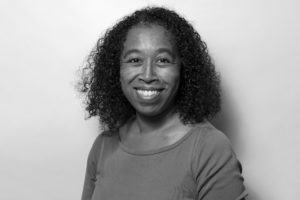Mother’s Day Celebration 2022
Community Service Award

Partner, Urban Architectural Initiatives
Akiko joined Urban Architectural Initiatives in February 2006, working as a project manager and then associate and designer on a variety of projects. She was named a principal of the firm in January 2014. She is currently leading the architectural effort for a variety of new projects that include homeless shelters and multifamily housing throughout the five boroughs.
Balancing client needs with her lifelong interest in urban design and real-world sustainable building, Akiko works closely with her clients to bring their building projects from the drawing board to reality. With a wealth of experience drawn from over two decades as a practicing architect, she is at ease helming projects ranging from multimillion-dollar developments to single-unit interior renovations.
Akiko also spearheads UAI’s work in technical review consulting for the New York State Homeless Housing Assistance Program, providing architectural review and construction monitoring services from the early stages of development all the way through the funded buildings’ eventual completion. Akiko pursues an abiding commitment to design for people of all ages and physical capabilities by serving as a repeat member of the Technical Committee for Accessibility working to revise and keep current the New York City Building Codes. She is a regular critic for the Integrated Building Design class at the Columbia University Graduate School of Architecture, Planning and Preservation, and has volunteered as a design jury critic for area architectural schools including the Parsons School of Design, Pratt Institute, and New York Institute of Technology, as well as being a team leader for community revitalization projects with New York Cares.
She is a registered architect in New York State and became a LEED accredited professional in sustainable design in 2009. Coming from a background that includes working for several architectural firms in a variety of contexts, Akiko continually draws upon her cross-cultural exposure to focus UAI on best serving the needs of those who will inhabit our buildings.

